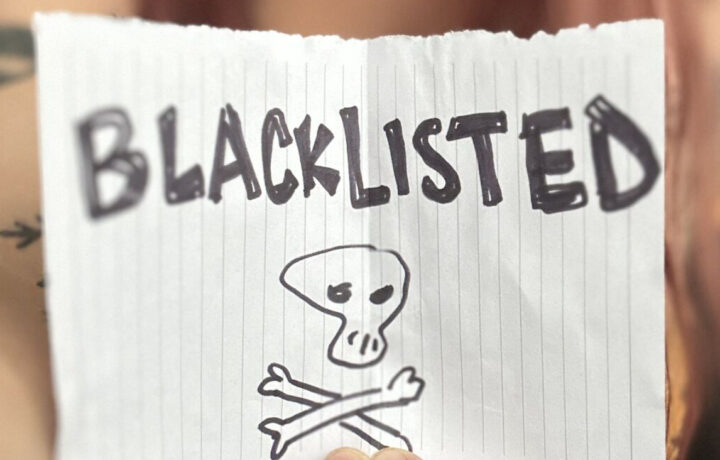Blacklisting a job seeker is a serious decision that recruiters typically do not take lightly. However, certain behaviors or actions might lead recruiters to consider this step to protect their clients and maintain professional standards. Several reasons why a recruiter might feel justified in blacklisting a candidate include consistent dishonesty, unprofessional conduct, breach of confidentiality, or legal / ethical issues.
It’s a big world, but cleared recruiters are a small community. Certain actions and behaviors can inadvertently lead to a job seeker being blacklisted by employers or recruitment agencies. In the age of social media, job seekers should be mindful of the groups they follow, content they’re posting, and what their digital self will be perceived as. Understanding these pitfalls is essential to avoid career setbacks.
Common Reasons for Being Blacklisted
1. Lying on your resume or during interviews can lead to blacklisting. Employers value integrity and honesty, and once deceit is discovered, it can tarnish your reputation permanently.
2. Negative behavior, such as being rude or disrespectful during interviews or in emails, can create a lasting negative impression. Professionalism is key in all interactions.
3.Leaving a job on bad terms without proper notice or engaging in conflicts with coworkers can result in negative references. It’s important to maintain good relationships even if you decide to leave a position.
4. Frequent job changes without valid reasons can signal instability to potential employers. I’ve hopped around in my career, but if you’ve been fired and play with fire every year or so, figure out the water to put it out in your interview.
5. Inappropriate or offensive content on social media platforms can come back to haunt job seekers. Employers often review candidates’ online presence as part of the hiring process, including asking fellow recruiters about a candidate’s conduct.
How to not be blacklisted
1. Always be truthful about your skills, experiences, and education. If you’re caught in a lie, it could damage your reputation beyond repair.
2. Treat every interaction as an opportunity to build a positive professional image. This includes being courteous and respectful during interviews, correspondence, and interacting with recruiters online.
3. If you decide to leave a job, do so professionally by giving appropriate notice and offering to help with the transition. This leaves a positive impression and preserves relationships.
4. Regularly review and clean up your social media profiles to ensure that they reflect a professional image. Be mindful of the content you post, engage with, and what you’re commenting on.
Overall, the decision to blacklist a job seeker is not made lightly and is generally reserved for situations where the candidate’s actions could negatively impact the recruiter’s clients or the candidate pool’s integrity.
THE CLEARED RECRUITING CHRONICLES: YOUR WEEKLY DoD RECRUITING TIPS TO OUT COMPETE THE NEXT NATIONAL SECURITY STAFFER.




